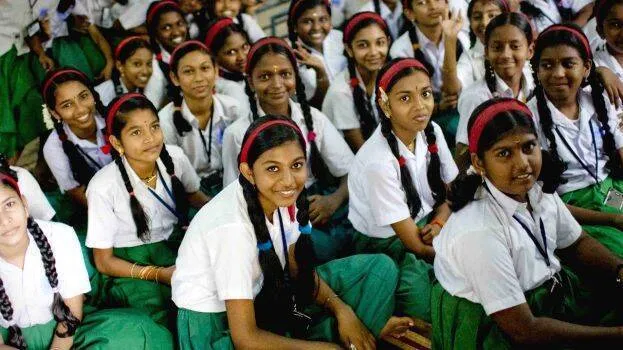

Public education and religious education are two distinct domains. While this is widely acknowledged, religious issues often intrude into public education not merely for spiritual reasons but also for political ones. The most recent example of this surfaced when the state government decided to extend daily study hours in public schools by half an hour, except on Fridays. Several groups, including Muslim religious organisations, strongly opposed the move. Among them, the Sunni scholars’ body, Samastha, took a particularly firm stand. They warned that the government would face severe consequences and even hinted at mass protests if the decision was not withdrawn. However, during a meeting convened by General Education Minister V. Sivankutty to discuss the matter, Samastha representatives responded positively. When the minister explained the reasons and objectives behind the time extension, the organisation expressed willingness to reach a compromise — a move that deserves appreciation.
The education department’s key decision was to add fifteen minutes each in the morning and evening sessions at the high school level. This change stemmed from the Kerala High Court’s criticism that the school calendar failed to meet the minimum instructional days and hours mandated by the national Right to Education Act. As per the Act, upper primary and high school study hours must comply with central guidelines. Currently, upper primary classes operate for 198 days; by adding two Saturdays, they can meet the required 1,000 instructional hours. But high school hours still fall short. Even adding six extra working Saturdays is insufficient, necessitating the half-hour daily increase on four weekdays.
Muslim students in public schools also attend madrassas for religious education. Religious organisations argued that extending school hours would disrupt these classes. General education is not something to be pursued after completing religious studies. At the same time, it is also not possible to prevent students from pursuing the religious education prescribed by certain faiths alongside public education. The department already accommodates Muslim students by extending Friday lunch breaks by thirty minutes to allow for prayers. This clearly demonstrates that the government does not adopt an unnecessarily rigid stance toward religious considerations. However, invoking religious issues to oppose measures aimed at complying with the Right to Education Act cannot be justified.
The government repeatedly maintained from the outset that it could not alter the decision, as doing so would undermine legal compliance and risk contempt of court. Minister Sivankutty consistently emphasised that the government would not yield to religious pressures. It was also evident that the opposition from some Muslim organisations had political undertones. The law and the courts remain above politics; no government can compromise on that. Ultimately, both the minister — who stood firm on his decision — and Samastha — which, after understanding the rationale, set aside disagreements and animosity — deserve equal appreciation. In this matter, there are no victors or losers. Religious concerns cannot override the principles of law and public education.